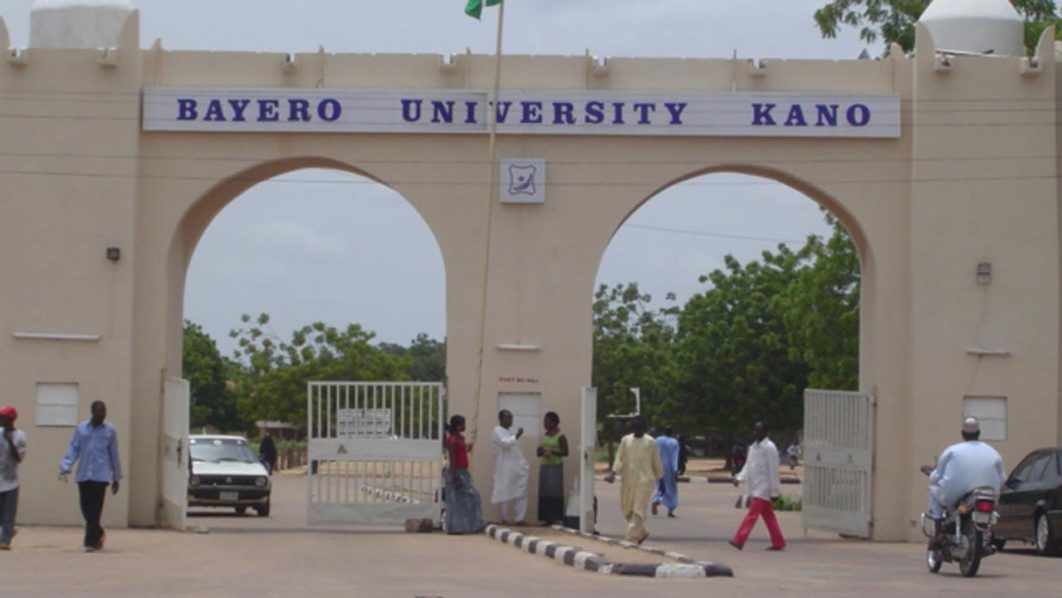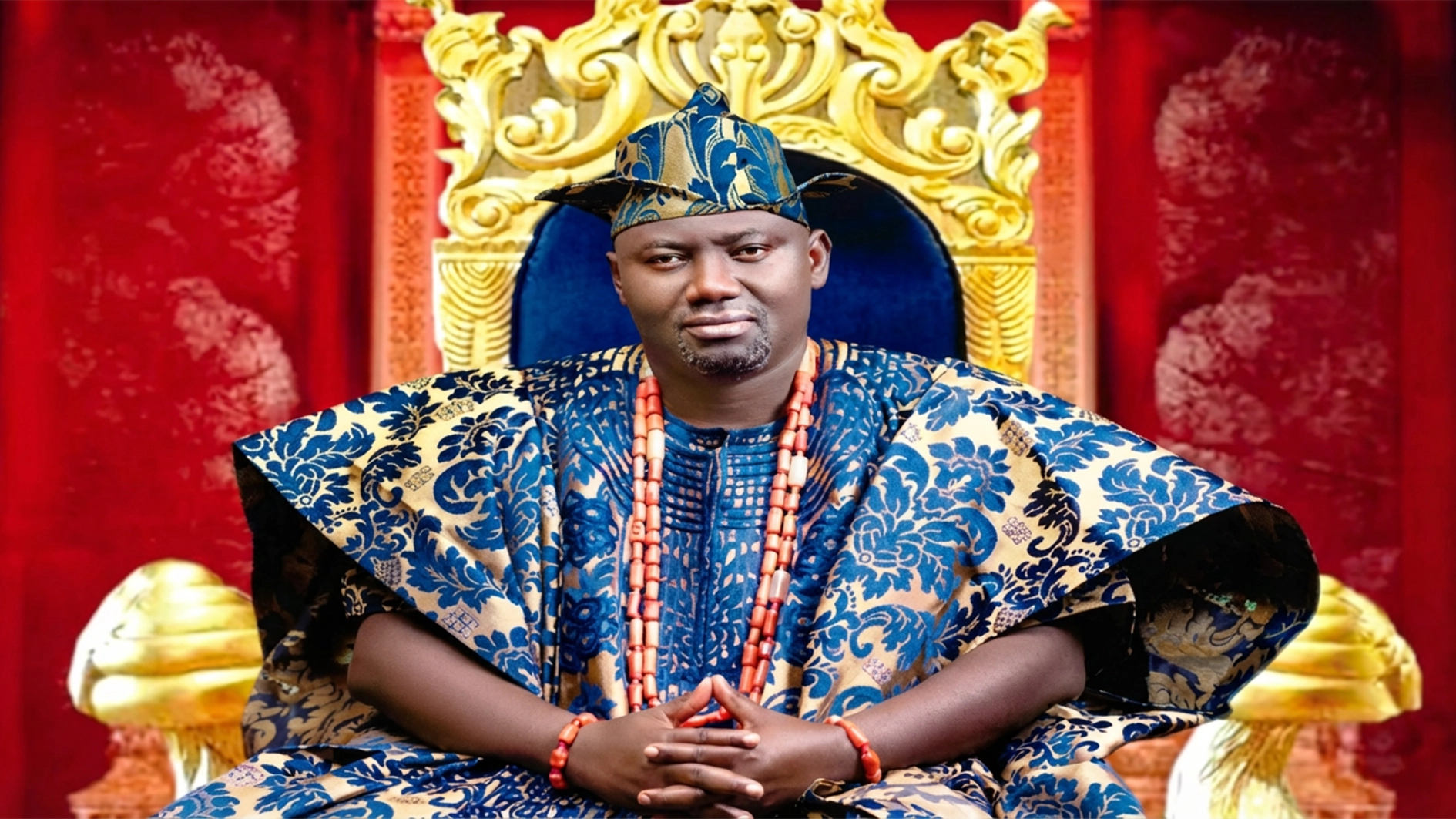
Former Vice Chancellor, Bayero University, Kano Professor Yahuza Bello has advocated significant investment in the knowledge economy to stimulate the social economic growth of the Nation.
Bello, who cited several developed countries contributing profoundly to the global economy through knowledge efficiency, challenged the Federal government to bridge the widening gap in the country’s knowledge deficit.
The Professor of Mathematics gave the advice during Barau Jibril Foundation distribution of foreign scholarship admission to 70 Kano indigenes.
The postgraduate scholarship being founded by Deputy President of the Senate, Barau Jibril, is part of the contribution of the Senator to building the frontial of education and youth development.
He applauded the investment of the Senate Jibril Foundation in the areas of Artificial Intelligence, Robotic Science and Technology, Cyber Forensic, Cyber Security, and Forensic Science as well as Artificial Science and Machine Learning; urging Northern leaders to emulate.
Minister of State for Education, Dr. Yusuf Sununu acknowledged the impact of Senate Jibril’s investment on the renewed agenda of the Federal government on access to quality education.
The Minister said some of the new policies include a review of curriculum, introduction of an education loan fund, and advancement of digital education among others, reassuring the Federal Government commitment to partner with the private sector to grow the sector.
On his part, Sr Jibril explained that the selection of the 70 beneficiaries of the foreign postgraduate scholarship was devoid of political interest but based strictly on merit.
The Senator representing Kano North said the investment in education was intended to build future generations that will further contribute to the wider North society.
While reminding the beneficiaries that the opportunity is bond-free, the Deputy President of the Senate urged the young talents to focus on their academic growth and secure broader opportunities abroad. He urged them to remember to give back to their society.
The 70 graduates, 65 males, and 5 females would be pursuing their postgraduate carriers in India, United Kingdom, Turkey, and other countries.






